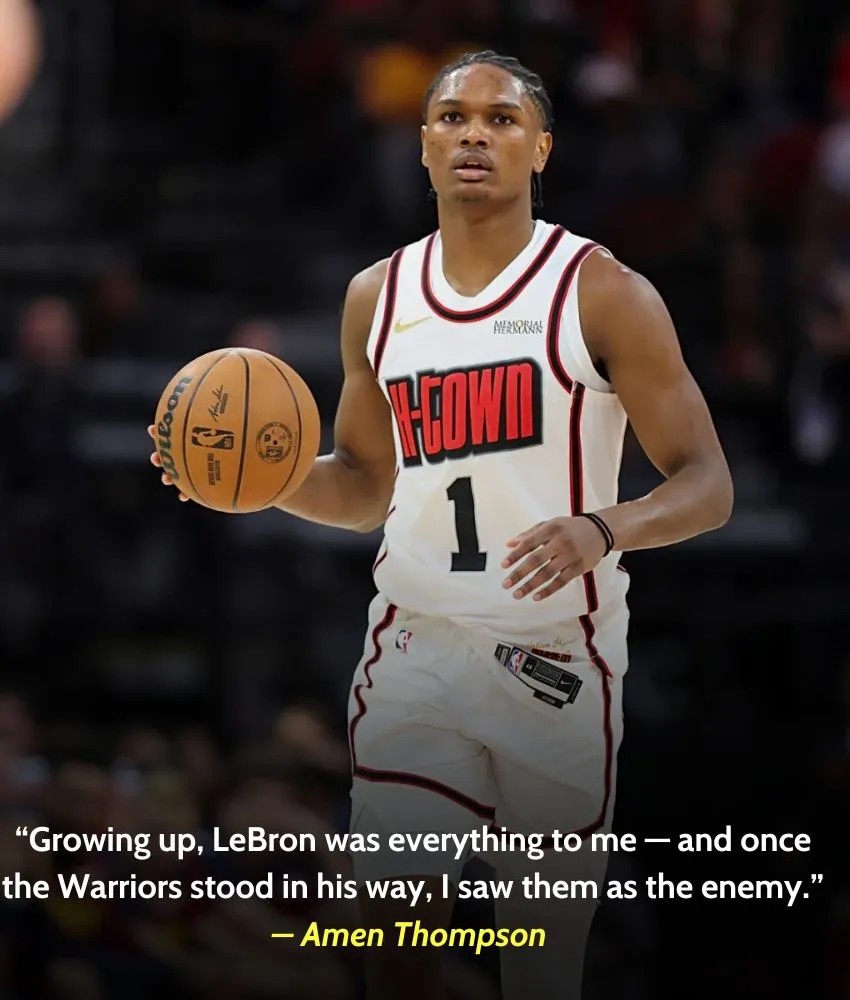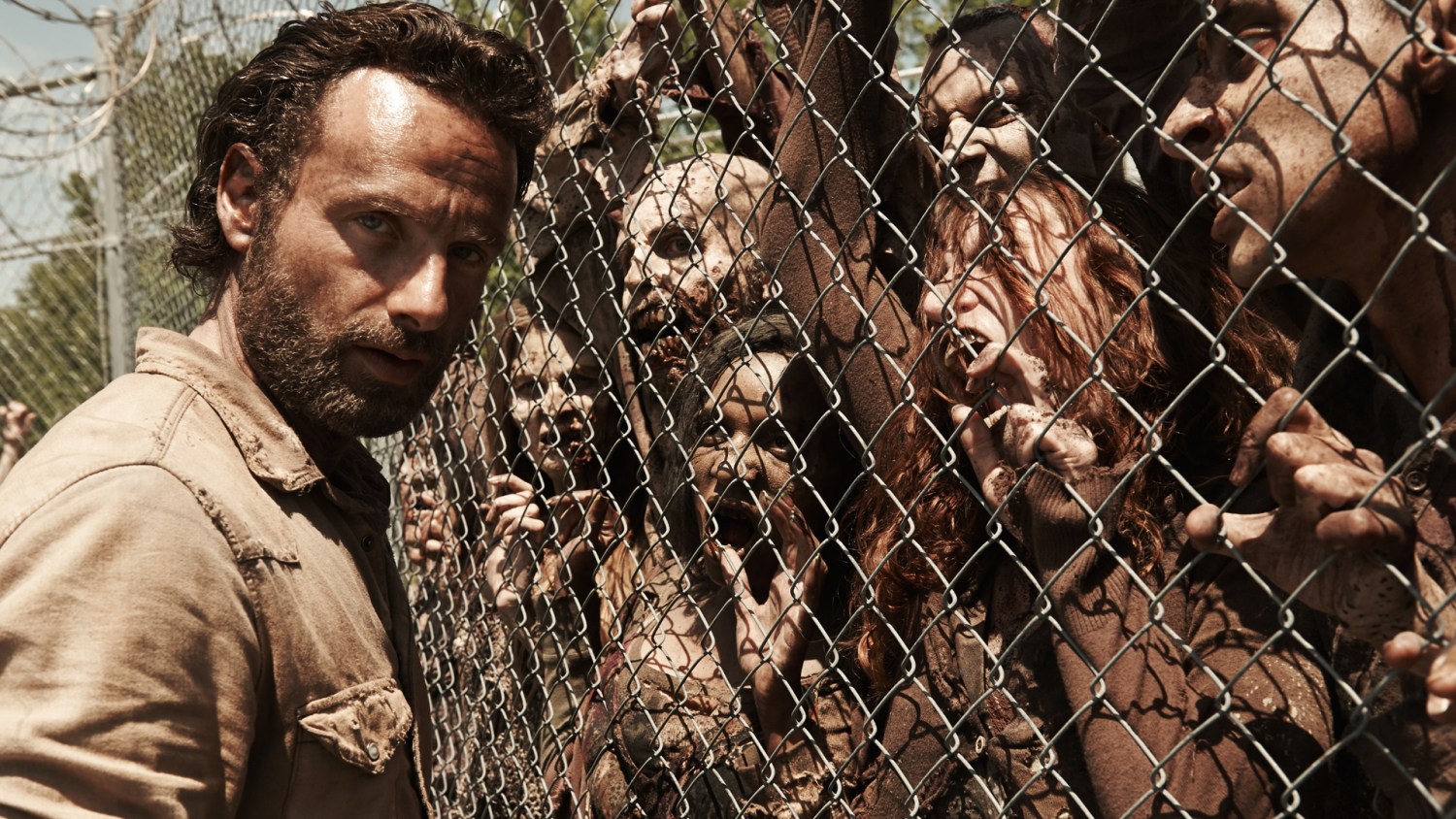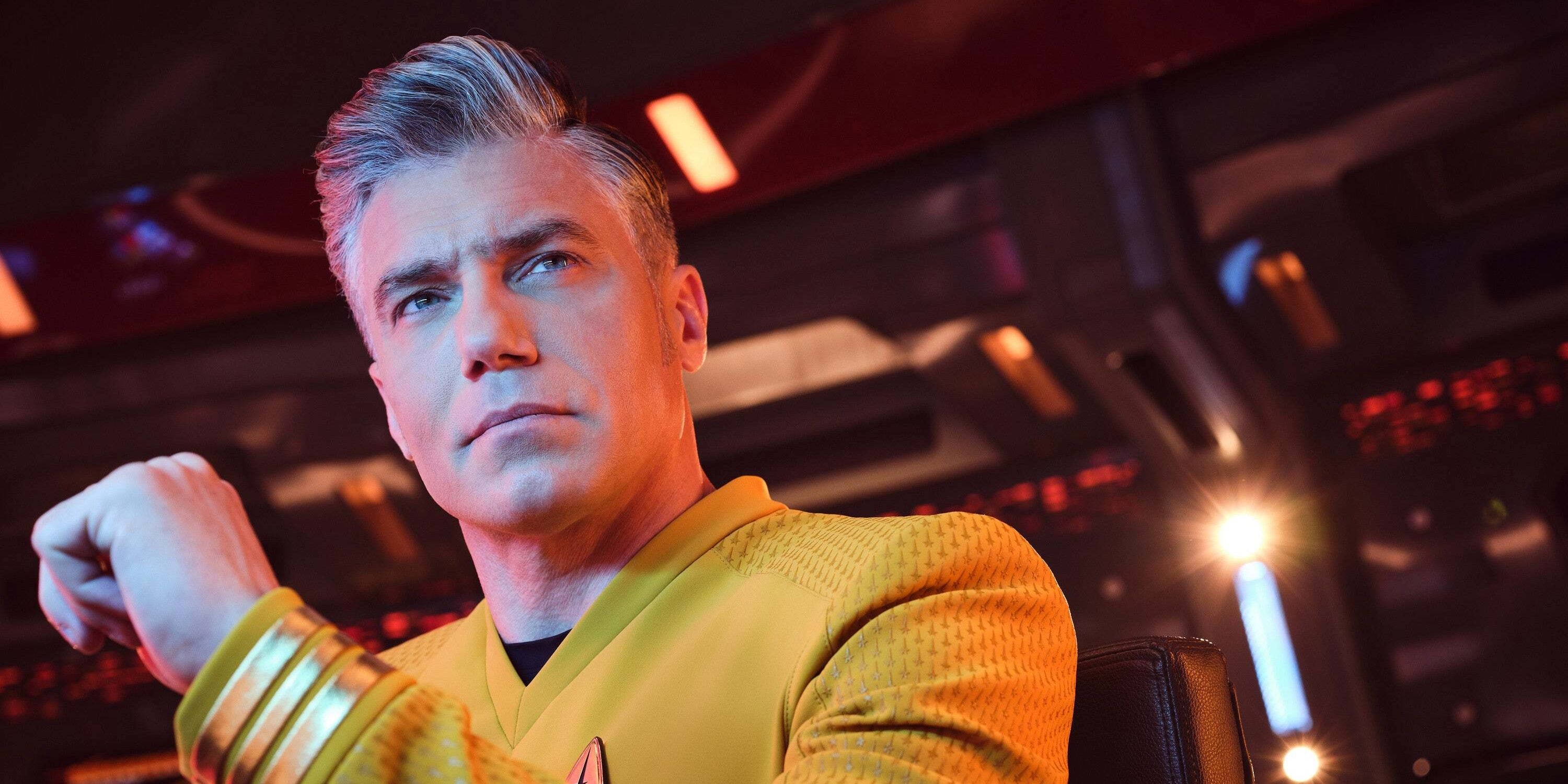Mavericks' daring Cooper Flagg plan could hand him Rookie of the Year
The Dallas Mavericks are heading into the 2025–26 season with many new players, but none will attract more attention than No. 1 overall pick Cooper Flagg. The 18-year-old forward is already expected to take on a big role, and the situation in Dallas may offer him a clear chance to win Rookie of the Year.
With Kyrie Irving out to start the season, the Mavericks need someone who can create plays, defend well, and set the tone. Flagg can do all of that. His size, skill, and versatility make him one of the most exciting rookies to enter the league in years, and his opportunity couldn’t be bigger.
Being the top pick puts Flagg in the spotlight, but playing in Dallas raises expectations even higher. If he can handle a heavier offensive load while defending different positions, he will have one of the strongest cases for Rookie of the Year in the league. This isn’t just about his potential; it’s also about his situation, and Flagg is stepping into one of the best environments any rookie could hope for.
Why Cooper Flagg's unique role will boost his Rookie of the Year odds
Flagg’s role is different from most rookies.
While many battle for minutes and touches, he will receive both immediately. Jason Kidd has hinted that the Mavericks might try jumbo lineups with Flagg as a main ball handler. At 6-foot-9, he has the vision and ball skills to play as a point forward, and Dallas is likely to test this approach often until Irving returns. That level of trust and use is very rare for an NBA rookie, especially on a team aiming for the playoffs.
Flagg’s versatility means he can impact the game in different ways. He can rebound and push the ball in transition, defend both guards and bigs, and create offense from the wing. These skills lead to solid production in the box score, and voters usually favor rookies who contribute in various areas. If he plays significant minutes as both a scorer and facilitator, his Rookie of the Year stats will follow naturally.
The Mavericks’ situation also strengthens his chances.
Unlike most top picks who join rebuilding teams, Flagg is coming into a roster designed to win now, with Anthony Davis, P.J. Washington, and Dereck Lively II in the frontcourt. If Dallas stays near the top of the standings while Flagg takes on a key role, it gives him an edge over other rookies who might score points on losing teams.
The spotlight is another factor in his favor. Dallas remains one of the league’s most talked-about teams, and every game Flagg plays will be highlighted on a national stage. A few standout performances against strong opponents could quickly shift the narrative in his favor, especially with the buzz around him as the No. 1 pick.
All these circumstances, the absence of Irving, Kidd’s readiness to use him as a playmaker, and Dallas’ push to compete, set up a unique chance for Flagg to excel. He won’t have to wait years to prove himself because the Mavericks need him to step up right away.
Ultimately, Dallas didn’t draft Cooper Flagg just to develop him slowly. They picked him because he can contribute now. If he meets the challenge, he has a real shot at being the most impactful rookie in his class and could bring home the Mavericks’ first-ever Rookie of the Year award.
Where Jonathan Kuminga's contract saga with Warriors stands entering September

The ongoing saga between the Warriors and restricted free agent Jonathan Kuminga has persisted past Labor Day. NBA training camp is in four weeks, and the Oct. 1 deadline for Kuminga to accept the qualifying offer is under a month away. So, where are the two sides?
Still miles apart it appears.
The one-year, $7.9 million qualifying offer remains the most attractive offer to Kuminga at the moment, sources continue to tell NBC Sports Bay Area. The Warriors have offered a two-year contract worth roughly $45 million, but are holding strong to a team option for the second year, while Kuminga and his camp have made it clear they want a player option for Year 2.
To ensure Kuminga doesn’t sign the qualifying offer, which essentially would eliminate any option of trading him this season and severely hurt roster building, the Warriors will have to convince him what they’re proposing is that much better than the last resort. The first way to do that is ceding the team option for a player option. The second is simply to give him more money up front, making the team option less of a sticking point in the end.
Year 1 of the Warriors’ offer is $21.75 million, per sources, but because of the base salary compensation rule, Kuminga’s outgoing salary is equal to half of that. So, much of this entire situation comes down to control.
Through four years, Kuminga and the Warriors have yet to find common ground on who he presently is as a player, who he can be with more opportunities and who he will be in the future. The way this offseason has played out only has furthered Kuminga’s desire to control his own destiny and how his future plays out. Kuminga wants to make sure that no matter who his next employer is, he’s comfortable and confident he is being set up for success from the start.
There has been confusion as to why Kuminga would hold steady to the inherent no-trade clause of a qualifying offer, as well as a player option for the second year with the assumption he wants to be somewhere else aside from the Warriors. Kuminga doesn’t want to be used as a “pawn” for a team where he has seen himself as the scapegoat, and he still doesn’t fully know what his role will be going into his fifth NBA season with the likelihood that he still isn’t a starter and might not close games.
With an aging core of Steph Curry, Jimmy Butler and Draymond Green, letting Kuminga sign the qualifying offer would take away the Warriors’ best asset at the NBA trade deadline for another big-time name. Kuminga then would have zero trade value because no team can extend off that. Golden State loses his Bird Rights, Kuminga’s Warriors tenure would be done after this next season without getting anything back for him after spurning multiple trade offers for him in previous years, and the situation would make Kuminga a distraction, at least in a media sense, all season because of the nature of the qualifying offer.
The nightmare scenario the qualifying offer presents digs a far bigger hole for the Warriors than it does for Kuminga.
The main example of the qualifying offer risks for Kuminga is Nerlens Noel. The Dallas Mavericks in the summer of 2017 initially offered Noel a four-year, $70 million contract that he spurned in hopes of signing a maximum contract offer that never came. He then instead signed a $4.1 million qualifying offer with the Mavs, but greatly disappointed in an injury-filled season where Noel only played 30 games and averaged 4.4 points.
Noel signed with the Oklahoma City Thunder the next offseason on a two-year, veteran’s minimum contract.
Here’s the difference: Noel already missed his entire rookie year because of a torn ACL, and missed 31 games the season going into his contract dispute. At the time of turning down $70 million, Noel had averaged 10.0 points and 7.5 rebounds per game while averaging 27.6 minutes. He never was the scoring option Kuminga is and was in a different contractual world than him.
Kuminga doesn’t have a $66 million gap between the contract he’s being offered and the qualifying offer. The gap really is a little more than $13 million when looking at the one-year qualifying offer and the first year of the contract the Warriors currently have on the table. He surely would have insurance policies to lessen the risk, too. The former No. 7 overall pick turns 23 years old on Oct. 6 and is confident his next contract easily will exceed $13 million annually.
The Sacramento Kings and Phoenix Suns both offered Kuminga long-term contracts, empowering him with a starting role and making it known he’d be their power forward of the future. Contracts from the Kings and Suns included a player option, according to sources, but both were dependent on the Warriors agreeing to a sign-and-trade that never enticed their front office enough to do so.
None of the NBA’s four restricted free agents – Kuminga, Josh Giddey, Cam Thomas and Quinten Grimes – have signed a contract yet. The first domino must fall soon. Nothing is close between the Warriors and Kuminga, sources say, with both sides waiting for someone to blink first.




